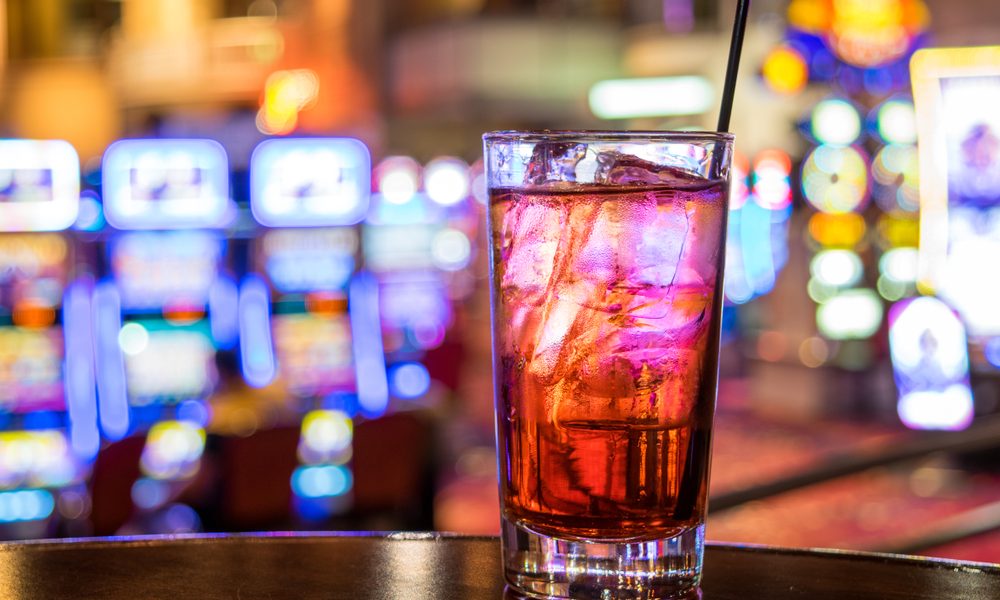The sparring has begun in earnest in the strange and potentially volatile litigation filed in federal court by a high roller who claims he was drugged prior to losing millions at blackjack in December 2021 in a VIP gaming salon at the MGM Grand.
Dwight Manley, a rare-coin collector and real-estate developer perhaps best known as the sports agent of flamboyant former NBA star Dennis Rodman, contends he was surreptitiously slipped a powerful tranquilizer, likely ketamine, while playing in MGM’s exclusive gaming salon at The Mansion. He argues the drug caused him to act erratically, injure his hand after shattering an ashtray, and sign credit slips for hundreds of thousands of dollars before losing it across the blackjack table.
His losses in a single night topped $2 million, according to multiple reports. Although at least one MGM employee noticed his condition, according to the complaint, casino personnel failed to provide medical care or halt the game despite his erratic behavior.
The company has denied liability and won a partial dismissal of the lawsuit last year in Las Vegas before Chief U.S. District Judge Miranda Du. The dismissed elements of the litigation can be amended and refiled, the judge ruled.
Through his attorney Paul Hejmanowski, Manley is attempting to do just that with a motion before the court seeking a third amended complaint. The five existing claims include declaratory relief, negligence, unfair/deceptive trade practices, unjust enrichment, and breach of the covenant of good faith and fair dealing. The additional claims being sought include breach of the implied covenant of good faith, statutory negligence, and implied negligence.
For now, what it all really means is Manley is upping the legal ante as he raises questions before the court about MGM’s purported conduct. Although the Nevada Legislature has given the Nevada Gaming Commission and Gaming Control Board broad powers to regulate gaming licensees, the motion also notes that Clark County has its own standards regarding liquor-license holders and according to its code, “It is unlawful for any licensee … or any of his servants or employees to sell, service, or give away alcoholic liquor to any intoxicated person.” County code also speaks to a licensee’s responsibility to maintain an establishment in a “decent, orderly, and respectful manner.” The argument appears to be that if Manley was under the influence of something and was out of line, as he appears to have been, then he shouldn’t have been allowed to harm himself and gamble away a small fortune.
The gambler wasn’t always on bad terms with the MGM Grand. He had enjoyed the run of the house on multiple occasions and kept a high-roller account in good standing. He brought friends with him during his controversial gambling foray in 2021 and had to be helped back to his suite after being overcome by what he argues was a drink served by a cocktail server, but spiked with ketamine. He had two drinks, according to published reports, and complained of a bitter taste in the first. He stumbled multiple times on the way back to his room and remained groggy well into the next day.
MGM argues in part that Manley’s negligence claim “seeks damages that have nothing to do with his purported physical injuries” and instead were focused on recovering his gambling losses.
One element of Judge Du’s partial dismissal of the lawsuit is worth repeating. She wrote, “With respect to the negligence claim, the motion to dismiss is granted only to the extent that Defendants argue they had no affirmative duty to stop serving Manley alcohol once he had become visibly ‘erratic.’”
Although the case has drawn press attention in recent months, it has been working its way through the courts since its first complaint was filed Nov. 10, 2022. Du’s partial dismissal on May 30, 2023, resulted in the multiple amended complaints.
The legal jabs and hooks promise to continue for months to come, but the case promises to gain a sharper focus in early February, when the reports of the parties’ experts are required to be filed.



